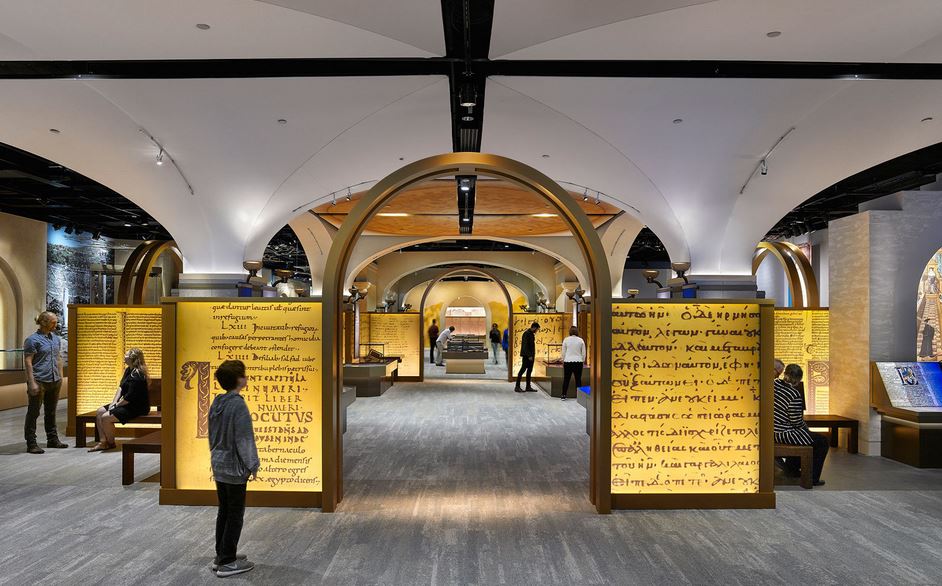
I’ve seen a variety of posts on social media about the recently-opened Museum of the Bible in Washington DC. While some have been pointing out the legal problems surrounding how the museum has acquired some of its artifacts, others contest how the museum presents its material. In other words, there are those who see it as nothing less than “evangelical propaganda” — and some of those holding this position seem to be scholars of the bible.
I find this contest over how the bible is represented to be rather interesting. For at least to a scholar of religion, it is one among many mythological or epic documents that groups use, for a variety of contemporary purposes — the Museum of the Bible, and those who created it, counting among them. To rephrase: I see it as their document, and though scholars too might study it, I’m hoping that we’re not studying it as part of a contest with its various users, as if we were in a position to tell them what it really means or how it ought to be used. But in some of the commentaries on the museum I detect scholars seeking to identify its errors and its agenda, instead of taking those as given in any representation of such a text.
So I’m interested in what readers think — specifically, what they think a scholar of religion’s role is when it comes to such things as a museum (or, for that matter, even a reading or interpretation) of the bible. Are we here to correct its users, basically entering the theological fray over what this or that text properly means, or are our studies aimed at something else entirely? And if so, then what…?
Simply put, for a scholar of religion, why might the Museum of the Bible be interesting?